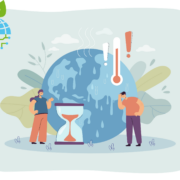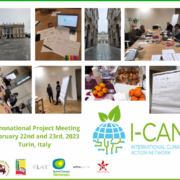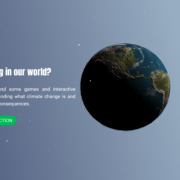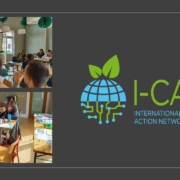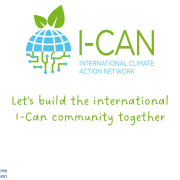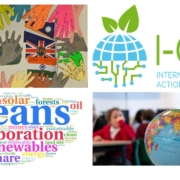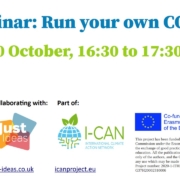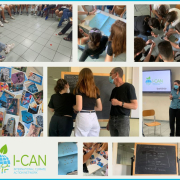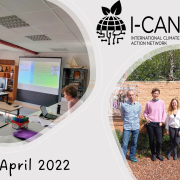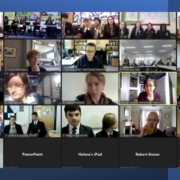“People don’t realise that when they hurt the environment, they are also hurting themselves” – Ella-Rose, Dakota, and Emelia from Kings Meadow School, Sefton UK .
LWC has been working on Merseyside to host mock UN style Cop Conferences as part of the I Can project. This autumn brought the 27th Conference of the Parties (COP27) in Egypt, where the future of the planet was discussed between world leaders, a keystone event in driving collaboration against climate change. Whilst COP27 is primarily a discussion between members of the older generation, LWC wanted to bring the conversation to the generation that will be most strongly impacted by climate change throughout their lives. The actions of the conversations we have now will define the future of those currently in school, so it’s only right that their voices should be heard.
At a recent event LWC worked with two Liverpool University Students who were on a placement [ Linking learning about Science to society and civic duties] These are some of their feelings and words after the event.
We came over from the University of Liverpool and worked together with six schools from Sefton, using the I Can model COP27, at Southport Eco Centre. The six schools all representing different countries from around the world. They collaborated with each other to understand different ideas countries may have and what they could be doing to push each other to go further. The pupils identified that many emerging countries can only react and adapt to climate change whereas developed countries have the power to change conditions; a conversation that has been happening at COP27 in Sharm-el-Sheikh.
The pupils researched important issues for their specific countries, for example, the sea level rise in the Marshall Islands compared to pollution in cities of more developed countries such as China. They branched off into four groups to discuss four topics most relevant to their climate and issues: energy, cities, forests (and food) and oceans. We have put some the key points and recurring themes raised during these breakout sessions into a word-cloud:
The pledges the pupils left the conference with an agreement on were:
- Increase awareness and education around climate change.
- Share our skills and knowledge about climate change between countries.
- Increase and develop technology to fight climate change.
- Persuade governments to cooperate and continue working together.
- Raise the amount of money for climate change solutions.
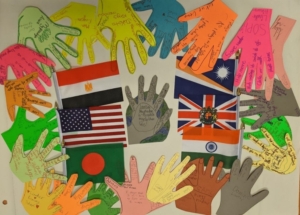
These pledges will be taken forward in the work schools do within their Eco Councils and sustainability projects in the future. One of the guest speakers encouraged eco-councillors representing their schools to utilise outdoor space, ask teachers to teach more about nature and get as many people involved as possible.
Pupils from one of the schools spoke about the impact their eco council has within their school; “We are spreading awareness because it’s our generation that’s affected by climate change the most, and we are the ones who will have to live with it. Children learning from other children is the best way to spread awareness into our community.” Amplifying children’s voices is one of the most impactful things we can do in the battle against climate change; our future world leaders are learning how to speak up, ask important questions and demand answers. All change starts by initiating a conversation; not only are we initiating a conversation between pupils, but they will also then go home and initiate more conversations within their families, classrooms, and the wider community.
What we can take away from the day is that we all have a voice and ideas to contribute in the efforts to decrease climate change and that we can use this voice to put pressure on those in power and encourage more collaboration. This is one of the very positive impacts of the I Can project.
Baby 8 billion has just been born: ‘What will we say when baby 8 billion is old enough to ask, what did you do for our world, and for our planet when you had the chance?’
Written by:
Lily Eaton, 2nd year BSc Biological Sciences student at the University of Liverpool and
Juliet Pone, 2nd year BSc Marine Biology at the University of Liverpool

